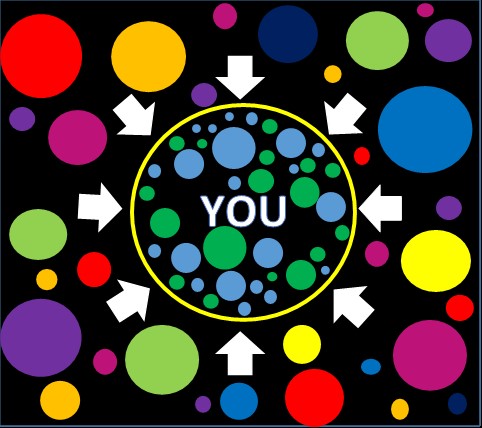
Did you know that you have a filter bubble around you right now? That every time you do a search on Google, it tailors the results based on your previous search history? Did you know that your search results will look different if you use Google on campus as opposed to using it at a cafe in Beverly? It's because Google is making certain assumptions about you based on your IP address. While we all like customized information there is a real danger of being so trapped inside your filter bubble that you never see the other side of a story. In order to be better informed, we need to know what each side is saying about an issue and not fall for confirmation bias (reading only sources that already fall in line with our current views). Here are two free resources to help you do just that!
Safiya Noble is an Assistant Professor in the Department of Information Studies in the Graduate School of Education and Information Studies at UCLA. In her PDF 2016 talk, Noble explains why we should care about commercial spaces dominating our information landscape.

You can actively take control of your media consumption and step outside your filter bubble. Here's how: